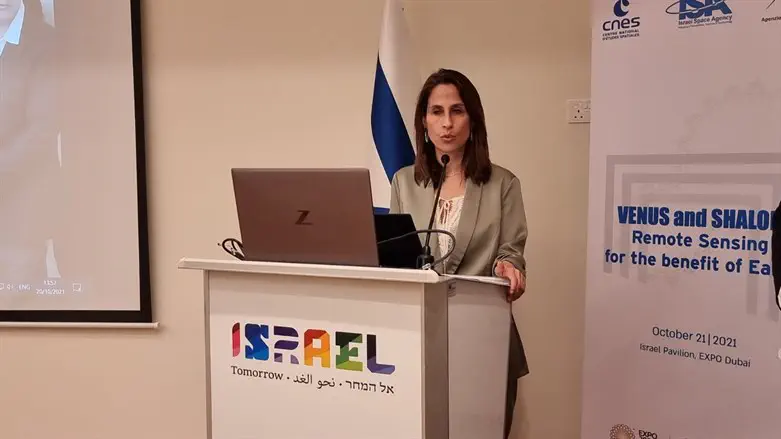
Israel’s Innovation Authority is granting NIS 54 million to 49 entities to increase the overall number of employees in hi-tech industry.
This government investment in addition to the mandated matching by the companies will result in an investment of about NIS 120 million in the training and placement of personnel for the Israeli innovation industry.
The committee approved, among others, non-academic programs and training schemes, including juniors, at a total value of NIS 20 million which will train about 6,600 participants. Additionally, programs that will integrate under-represented populations in the hi-tech sector for a total of about NIS 14.5 million will train about 3,200 participants: Programs that will integrate the Arab sector were awarded about NIS 7.3 million for training about 1,120 participants, specific programs to integrate women were awarded a total of NIS 4.4 million, and programs to promote integration of haredi society in the hi-tech sector were awarded a total of NIS 4.8 million.
Furthermore, for the first time, the Research Committee awarded funds to develop a digital platform to help connect between employers, employees and training programs.
The selected entities presented innovative and groundbreaking programs and models that will result in the training and placement of skilled human capital in the hi-tech industry.
Innovation, Science, and Technology Minister Orit Farkash-Hacohen (Blue and White) said: "In order to ensure Israel's continued technological leadership for years to come, the State of Israel is required to create innovative solutions to help promote human capital for the hi-tech industry. We are required to work fast and in numerous ways and channels including maximizing the potential of academia alumni, integrating underrepresented populations, promoting non-academic technological training and increasing the presence of skilled foreign employees. Such activities will enable us to maintain Israel's standing as a global innovation hub and the hi-tech industry as the engine that drives Israel’s economy forward."
Dr. Ami Appelbaum, Chairman Israel Innovation Authority, said: "Israeli hi-tech demonstrated high resilience in the face of the COVID-19 crisis thanks to its ability to quickly react to new working conditions and uncertainty. Moreover, during the last year, the hi-tech sector's capital raising broke new records, thus significantly increasing the need to recruit skilled employees, which in turn only amplified the chronic shortage of employees in this industry."
"Furthermore, the rapid growth of a large number of companies increased dramatically the need for technological and business human capital. The shortage in human capital is one of the market failures that challenges the continued rapid growth of the hi-tech industry in Israel and the ability to maintain international leadership and competitiveness. We put great emphasis on collaborating with the industry in order to create innovative solutions that will benefit and improve its status."
The Human Capital Fund program is designed to help solve this challenge via an innovative and groundbreaking program that will expand the offering of local employees, notably from the entire Israeli population, including underrepresented populations as well as foreign employees.
This program will provide two grant channels: For a requested grant of up to NIS 1 million (for ideation/seed stage programs), Israel Innovation Authority will provide up to 70% of the approved budget. For a requested grant of NIS 1-15 million (for growth/scale up programs), Israel Innovation Authority will provide up to 50% of approved budget and in special cases up to 70% of the approved budget.
This grant program is designed to support various projects (in the human capital development field they will encompass – trainings, apprenticeship, placement, upgrade, potential search and more). It is defining challenges rather than solutions, and looking into solutions received from the industry (bottom-up approach) while considering unified standards such as additional skilled human capital for a high-paid industry, offered program's level of innovation, aspects of cost/benefit, ability to bring on partners and scale the program and more.
Approved programs include innovative and groundbreaking offers that focus on various aspects such as placement of juniors in the industry (including OJT); upskilling of former hi-tech employees to allow for their re-entry to the hi-tech industry (for example people who are 45 + years old, women); and academia graduates retraining for hi-tech professions. Others will focus on locating, training and placement of employees via non-academic training for hi-tech professions; as well as locating and placing foreign human capital: immigrants, eligible per Law of Return, returning Israelis and foreign experts.
In addition, some of the programs will focus on integration of underrepresented populations in the industry as well as employees from geographic and social periphery; hi-tech industry employers' association for the placement of juniors in the industry or for expanding the knowledge of existing employees in advanced technologies; and knowledge-deficient domains, such as Bio-Convergence, Semiconductors & VLSI, Quantum, AI, Climate.
